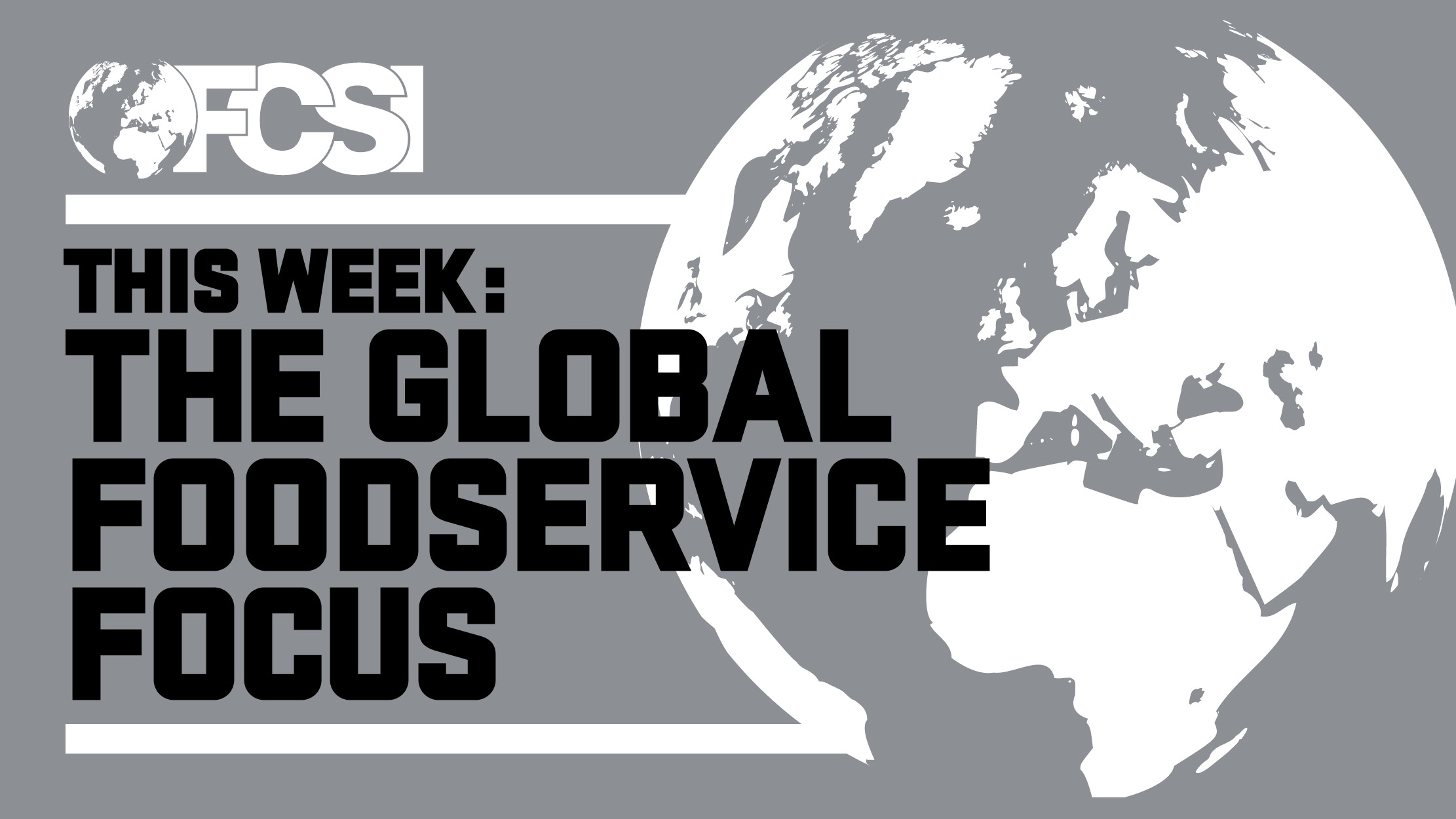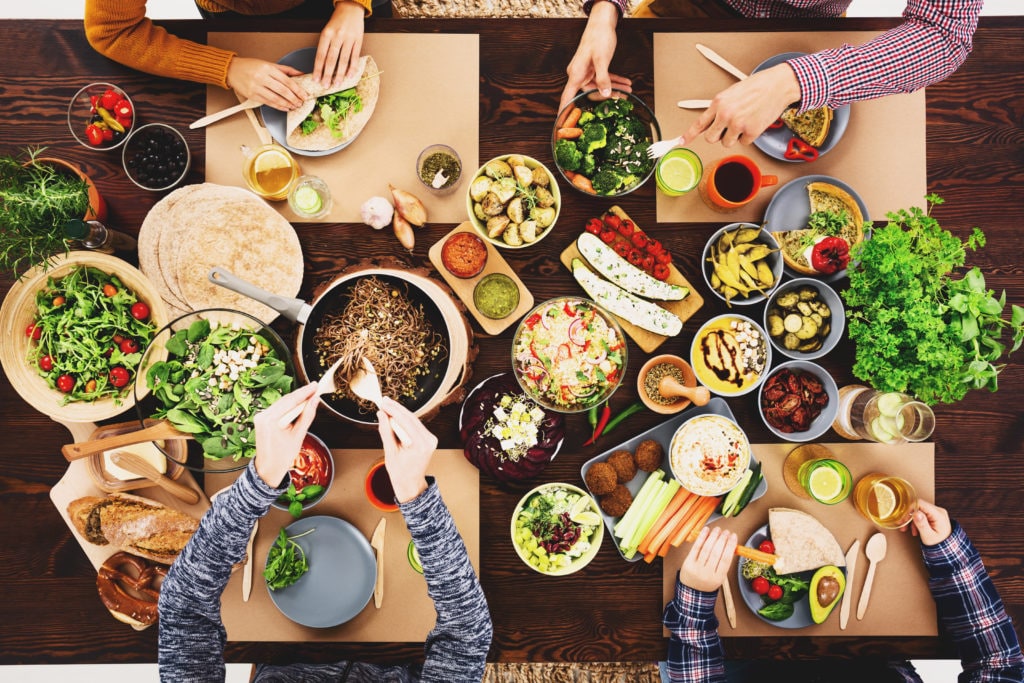
The Americas
The US government will not pay for food aid from November
Food assistance used by more than 40 million Americans will not be distributed from November 1 due to the ongoing US government shutdown, which is now the second-longest in history. The US Department of Agriculture said in a statement on its website that: “Bottom line, the well has run dry.” The Supplemental Nutrition Assistance Program (Snap) is used by one in every eight Americans, and plays a vital role in many grocery budgets. Democrats have condemned President Donald Trump for refusing to use a contingency fund that would have continued the benefits. And while several states have pledged to use their own funds to cover any shortfall, the federal government has said that they will not be reimbursed.
High prices are keeping American diners at home
Almost 40% of US diners are eating out less frequently than they did a year ago, largely due to high prices. According to YouGov’s latest Dining Out report, which was released last week, 82% of Americans say restaurant prices have increased in the past 12 months and less than a third (28%) of diners think prices are fair for the quality of meal they’re getting. As a result, most consumers – 60% – are now choosing cheaper restaurants, 53% are actively using discounts or coupons, 51% are ordering fewer items and 42% are skipping drinks. Offers, discounts, loyalty programs and rewards came through as the best way for restaurants to win back custom, with 77% indicating that loyalty programs could have them visiting restaurants more frequently, including 44% with an important caveat: “It depends on the offer.”

Asia Pacific
Indonesia’s free meal program drives up food prices, prompts tighter safety rules
Indonesia’s flagship Free Nutritious Meal (MBG) program is being linked to a surge in food inflation, which hit 6.44% in September. Coordinating Minister for Food Affairs Zulkifli Hasan said accelerated rollout of the initiative, aimed at tackling malnutrition, has increased demand for staples like eggs and chicken, driving prices up as much as 7%. The government is now urging greater food self-sufficiency to stabilise costs. Meanwhile, following recent food poisoning incidents, stricter hygiene and kitchen safety standards have been introduced for MBG suppliers to ensure quality and consumer confidence remain intact.
Thailand’s dining stimulus sees huge uptake, with second phase planned
Thailand’s 44-billion-baht Khon La Khrueng Plus co-payment scheme has drawn massive interest, with all 20 million registration slots filled on the first day. The programme, offering up to 2,400 baht per person to spur consumer spending, is expected to lift restaurant sales by around 30%. Finance Minister Ekniti Nitithaprapas said a second phase could launch in December, following the scheme’s success. Running from Oct 29 to Dec 31 and covering food delivery orders from Nov 7, the initiative aims to support small eateries amid sluggish growth, high ingredient costs and ongoing labour shortages.
Europe, Middle East, Africa
Minimum wage rise would ‘decimate’ high streets, according to UK hospitality bosses
If reports in The Times that Rachel Reeves plans to increase the minimum adult hourly pay rate from £12.21 to at least £12.70 an hour are true, hospitality bosses have warned that more businesses may have to close. Minimum wage has risen sharply in the last few years, jumping 6.7% in April, alongside tax rises, including employers’ National Insurance Contributions (NIC). JD Wetherspoon founder Tim Martin told The Times that the government had a “blissful unawareness of the long-term economic consequences” of its wage and tax rises, while Alex Reilly, executive chairman of the Loungers bar and restaurant chain, said that without any kind of pro-business measures, this move would decimate “our already-beleaguered high streets and town centres.”
Alternative protein funding rebounds in Q3, with Europe taking the lion’s share
Funding for alternative protein startups almost doubled in Q3, compared to the previous quarter, with over two-thirds of the overall deal value secured in Europe. Between July and September, alternative protein startups collectively raised $247m, compared to $130m in Q2, according to the Good Food Institute’s (GFI) analysis of data from Net Zero Insight. Cultivated meat companies, however, still struggled to attract funding, with most of the funding going to plant-based proteins and ingredients derived from biomass fermentation. “Capital continues to flow to select, well-positioned companies with differentiated tech, credible paths toward progress on taste and price, and commercial traction,” said Daniel Gertner, GFI’s lead economic and industry analyst.
Elly Earls
